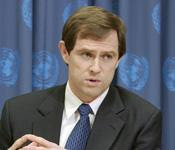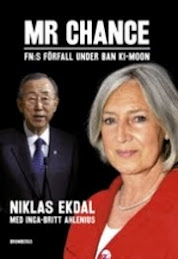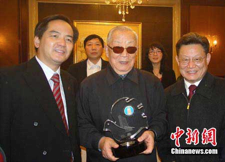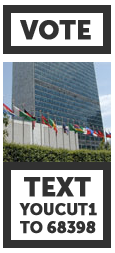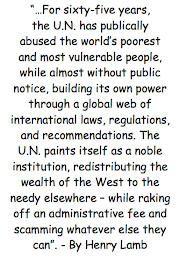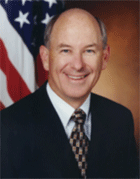
REFORM UN-DESA reported back in 2008 about the beautiful life of a special consultant of DPADM, his name: Bernardo Kliksberg. (Click here for 2008 story)
Whistleblowing and Retaliation at the IDB: The Case of Hada Mendoza
"The gathering, which was advertised as a technical-academic exercise, featured Bernardo Kliksberg as an ethics expert, who, like Cubillos, would later be discreetly separated from the IDB for misconduct and corruption revealed by a whistleblower. In both the Cubillos and Kliksberg cases, the whistleblowers who exposed the men were expelled by the Bank under circumstances much less favorable than those arranged for their corrupt managers."Page 4.
Right now Mr. Kliksberg continues to work for United Nations Development Programme as Chief advisor to the Regional Bureau for Latin America and the Caribbean and as Director of UNDP's flagship "Spain-UNDP Trust Fund". At UNDP he works with another former colleague from DPADM/DESA, Ms. Elia Yi Armstrong is the UNDP's Ethics Director.
It seems that for the Ethics Director of UNDP, an un-ethical behaviour and termination of Mr. Kliksberg from IADB doesn't warrant her attention, nor it implicates the organization in any shape or form.
While Mr. Kliksberg continues to manage hundreds of millions of dollars at UNDP, Ms. Elia Yi Armstrong seem to be busy trying to find a D1 job back at UN-DESA.
As so the story goes !!!




